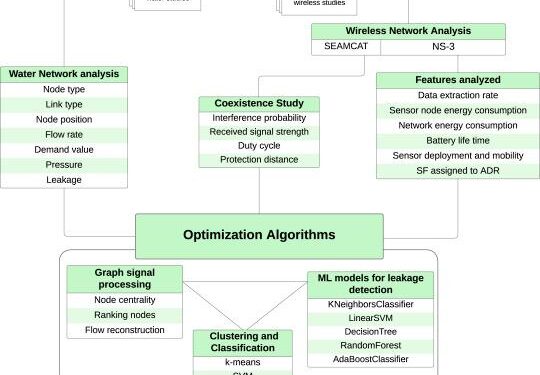Unraveling the Origins of COVID-19: The Controversy Surrounding the Lab-Leak Hypothesis
The question of where COVID-19 originated has sparked widespread debate and speculation since the pandemic began. Among various theories, the lab-leak hypothesis—which suggests that SARS-CoV-2 might have accidentally escaped from a laboratory in Wuhan, China—has become increasingly prominent. Initially dismissed by many experts, this idea has recently gained renewed attention, prompting fresh investigations into how the virus first emerged. Yet, this topic remains deeply divisive as scientists, policymakers, and communities worldwide wrestle with its scientific validity and geopolitical consequences.
Scientific Perspectives: Diverging Views on COVID-19’s Emergence
The scientific community remains split over whether SARS-CoV-2 originated naturally or through a laboratory incident. Advocates of the lab-leak theory argue that lapses in biosafety at facilities like the Wuhan Institute of Virology could have led to an unintended release. They stress that all plausible sources must be thoroughly examined to ensure future pandemic prevention measures are effective.
Conversely, many researchers support the natural zoonotic origin hypothesis, which posits that COVID-19 was transmitted from animals to humans—likely via an intermediate species—in line with patterns observed in previous outbreaks such as SARS and MERS. Wildlife markets have been cited as potential hotspots for such cross-species transmission events.
This divide is reflected in ongoing studies and official reports; for example, a 2023 analysis published by leading epidemiologists emphasized that while natural spillover remains most probable based on current evidence, gaps persist due to limited access to early data from China. The lack of consensus complicates efforts to develop unified strategies aimed at preventing similar crises.
Global Political Dynamics Shaping Responses to Origin Investigations
The lab-leak theory carries significant political weight internationally. Accusations linking China’s research institutions with accidental viral release have intensified diplomatic tensions—particularly between Beijing and Washington D.C.—and influenced global discourse around accountability during health emergencies.
This geopolitical friction has manifested through:
- Calls for independent international inquiries: Various governments and organizations demand transparent investigations free from political interference.
- The World Health Organization’s stance: WHO officials advocate exploring all hypotheses comprehensively while encouraging cooperation among member states.
- Bilateral strains affecting trade and diplomacy: Heightened mistrust impacts negotiations beyond public health realms.
Divergent national approaches reflect broader challenges in balancing scientific inquiry with political interests—a dynamic further complicated by public opinion shaped through media narratives worldwide.
Tackling Misinformation: The Imperative for Open Scientific Inquiry
The controversy surrounding COVID-19 origins underscores how misinformation can cloud critical discussions during global crises. Conflicting expert opinions combined with politically motivated messaging contribute significantly to public confusion about what is factual versus speculative regarding virus emergence theories.
- Diverse scientific interpretations: Varied conclusions among specialists create uncertainty outside academic circles.
- Narratives driven by national agendas: Governments may emphasize certain explanations aligning with their strategic goals rather than objective truth-seeking alone.
- Lack of full transparency: Restricted access to original data hampers trust-building efforts essential for collective understanding.
| Recommended Actions | Purpose & Description |
|---|---|
| Create Independent Panels | Assemble multidisciplinary teams free from governmental influence tasked with unbiased evaluation of all available evidence related to virus origins. |
| Status Updates & Transparency | Provide regular public briefings detailing investigative progress fostering openness and rebuilding confidence among global populations. |
| Cultivate International Collaboration | Encourage rapid sharing of research findings across borders enabling comprehensive understanding supported by diverse expertise. |
A Path Forward: Lessons Learned & Future Preparedness
The ongoing quest to pinpoint how COVID-19 emerged highlights not only scientific challenges but also lessons vital for future outbreak prevention efforts globally. While proponents advocating transparency around possible lab involvement press forward cautiously amid incomplete data sets, others emphasize patience until conclusive proof emerges through rigorous study rather than conjecture alone.
A clearer grasp on viral origins will be instrumental not just in mitigating risks posed by coronaviruses but also restoring faith within international science communities fractured during this crisis period. As new findings come forth throughout 2024—and beyond—it remains crucial that stakeholders prioritize fact-based dialogue over politicized rhetoric when addressing complex issues surrounding pandemics’ roots worldwide.















